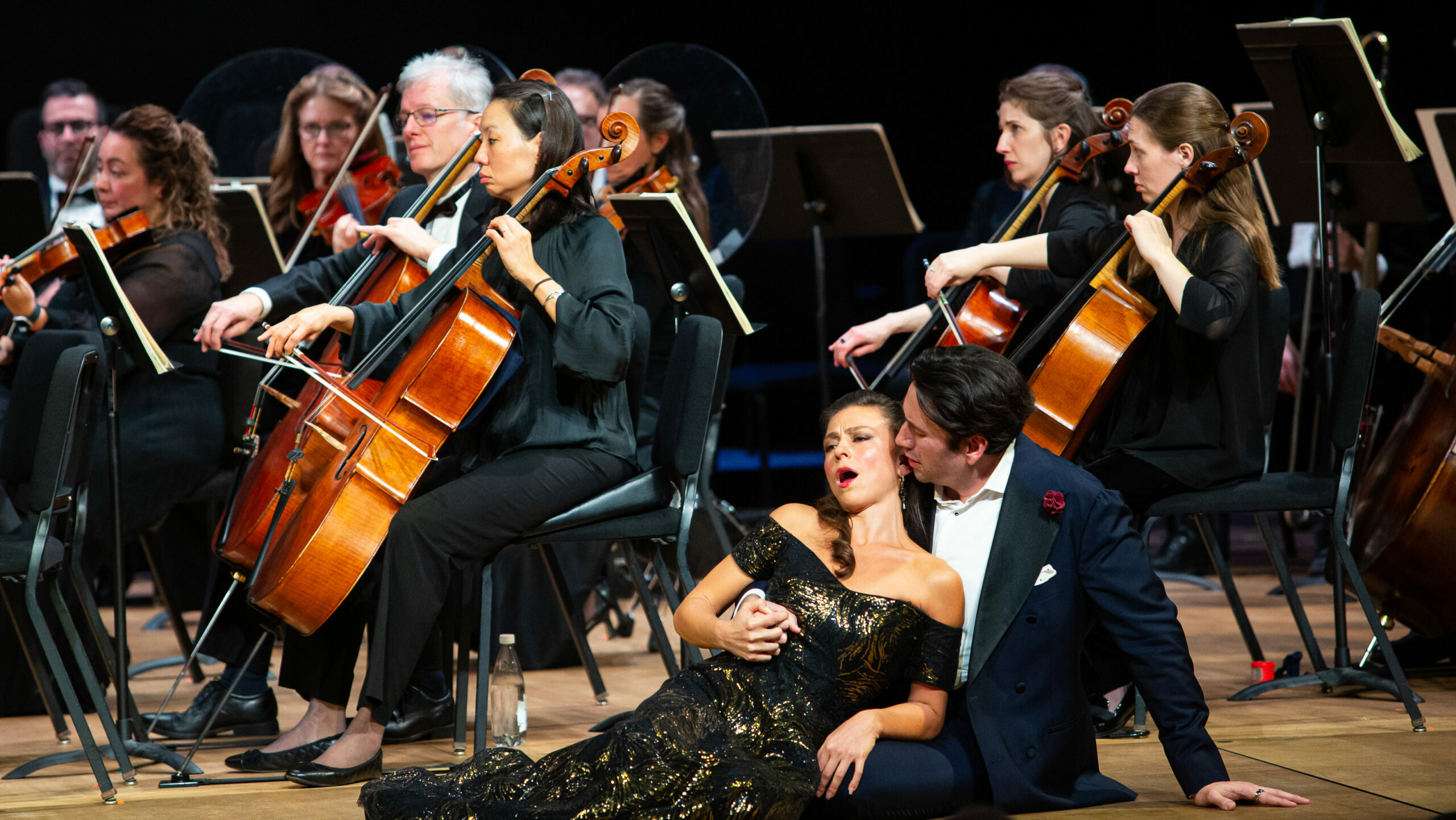

The work of Philly-based photographer John Dowell inspired this new work, which brings together composer Damien Geter and eight living Black poets, who each contributed a text based on Dowell’s art work. As a means of reckoning with his ancestral past, Dowell began photographing cotton fields, and the final product—on display before the performance, and often strikingly memorable—communicates the grave history associated with enslavement and field work.
Yet there is also a distinct hopefulness to be found in these images. Dowell gives it voice in his artist’s statement: “We must give thanks and stop longing for what we did not receive, but reflect on the blessings we have acquired. Please, give thanks and show appreciation for our ancestors near and far for the foundation we did receive, because without it, where would we be?”
The eight songs that comprise the hourlong work similarly vacillate between joy and suffering, optimism and anxiety. The collection’s best song, “They Took My Sister,” relates with anguish the forceful separation of families during the period of American slavery. Because slaveholders often sold their field hands on New Year’s Day to reconcile their debts, the dawning of a new year was associated with anguish among enslaved people.
Geter hauntingly quotes the familiar melody of “Auld Lang Syne” at the beginning of this song, which pianist Laura Ward intoned with an eloquently spectral quality—it felt like something already lost as it was absorbed into the main theme.
Veteran mezzo-soprano Denyce Graves now sings with a quivering quality that sometimes seems beyond her control. It felt absolutely appropriate, though, as she put across the weighty text of poet Lauren K. Alleyne: “There is empty where was her—/Sister a song turned a cavern of sorrow/Sister a dirt road my feet hunger for.” Graves brought a raw, primal emotionality to a loss more final than even death.
Graves infused “The Night Before the Run,” a poem by Alora Young that considers the emotions that swirl before an attempted escape, with sly humor and a palpable sense of longing, as a young woman considers the fields of cotton giving way to purely driven snow in the Northeast.
Throughout the four songs she performed, she demonstrated how minimal gestures can seem like profound acting choices, from the slight tilt of the head to a gently raised arms. Despite a general unsteadiness across her vocal range, Graves sounded absolutely secure in her lower register, with an almost baritonal coloring at the bottom end of her voice. (If Stephanie Blythe can sing Gianni Schicchi, give her a crack at Simon Boccanegra!)
The rising baritone Justin Austin shared in the vocal duties, bringing a rich, pointed expressiveness to the cycle’s opening selection, “The South Remembers” by Marc Bamuthi Smith. Geter jarringly sets the penultimate line of Smith’s text—“whole human beings”—to scan with “Let freedom ring” from “America {My Country ‘Tis of Thee),” a connection that hung in the silence of cathedral.
“Homegoing for the People of the Sun,” sung by Austin to a text by Trapeta B. Mason, chronicled the surreptitious burials of enslaved people under cover of night, recalling the indignities of bodies left lifeless in fields and later refused rest in consecrated grounds. The poem corresponds with one of Dowell’s most evocative photographs, a cemetery where the tombstones have been festooned with cotton.
Not all of the poems seem destined for posterity—the concluding selection, by Charlotte Blake Alston, sounds shockingly close to doggerel. And the choice to play a video recording of each poet reciting their full text before the song is performed should be jettisoned from future performances. The patrons seated near me grew restless and chatty during these interludes, and not every author makes for a captivating reader.
But this evocative and important new contribution to American song literature surely has legs. Lyric Fest brings the work to the Kennedy Center on February 28; further performances are sure to follow.
Photos: Lyric Fest
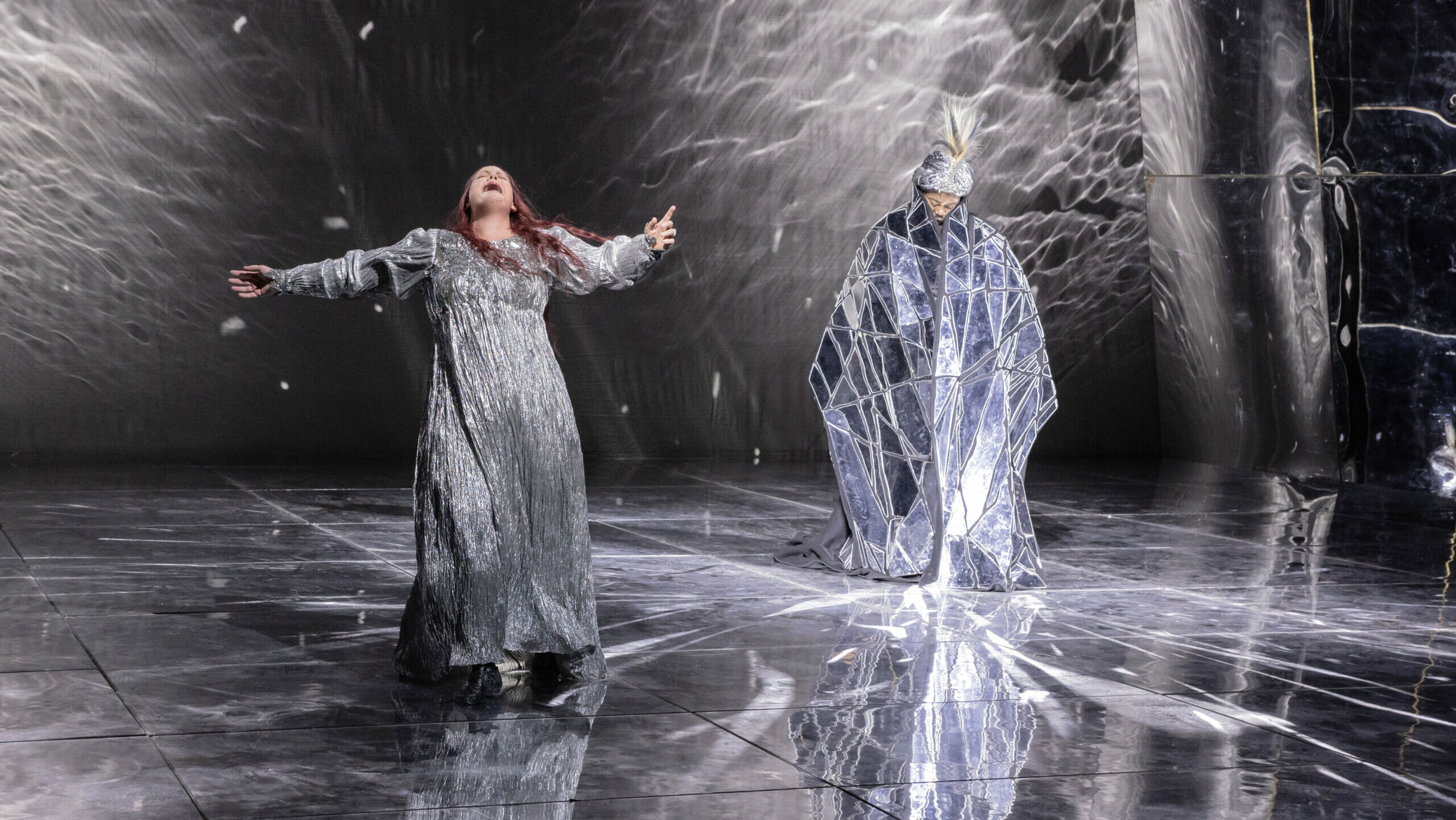
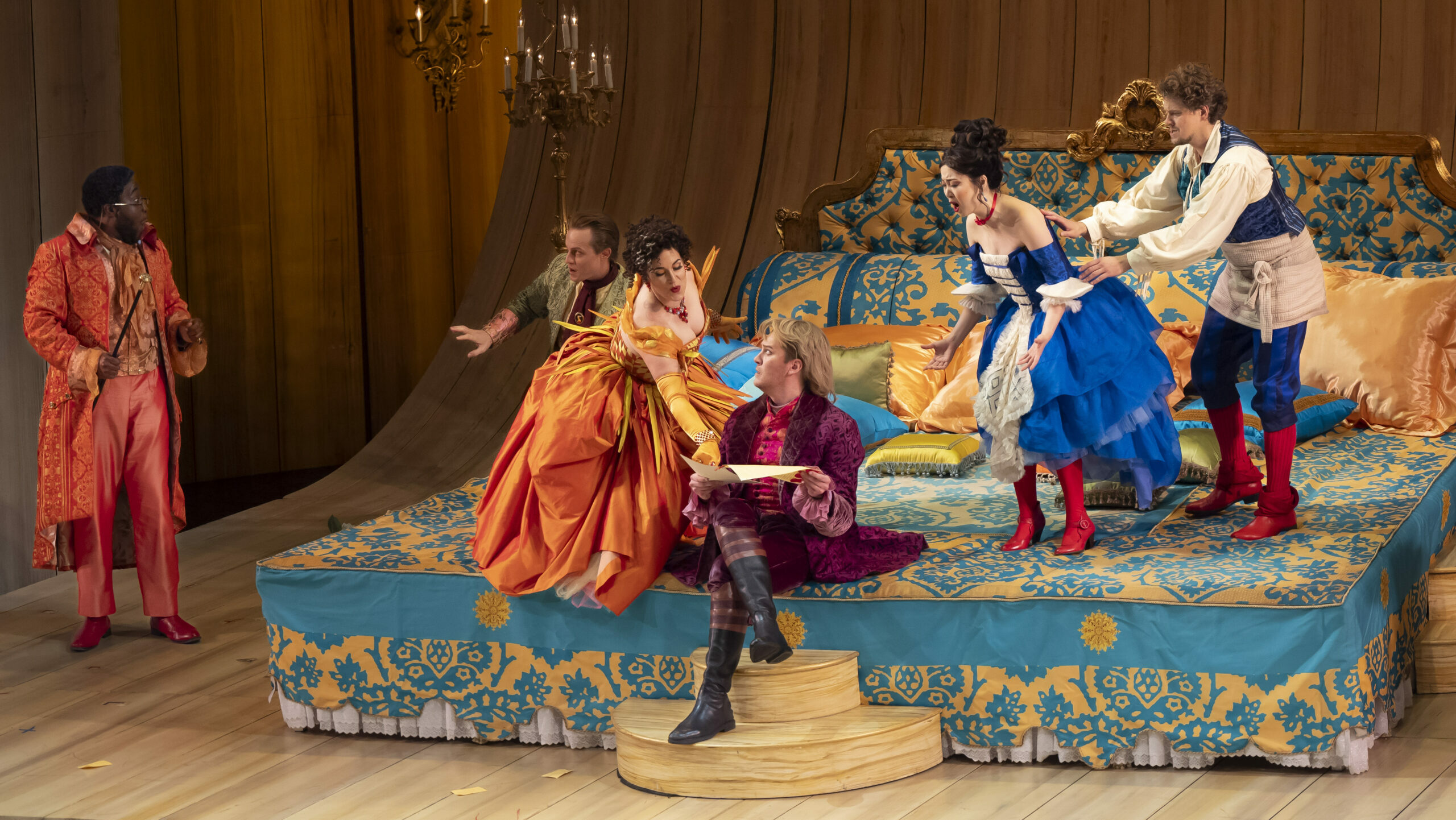
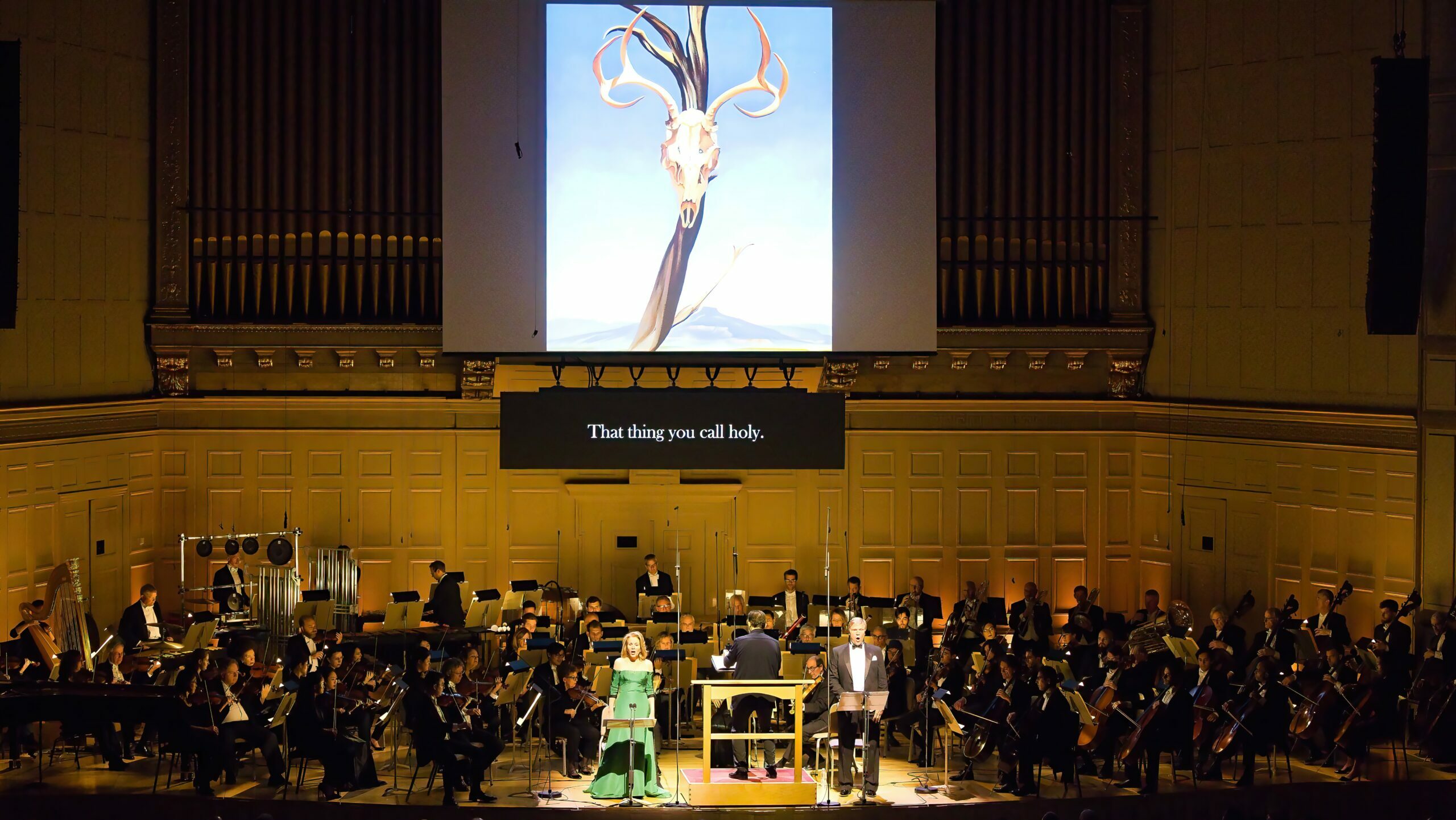
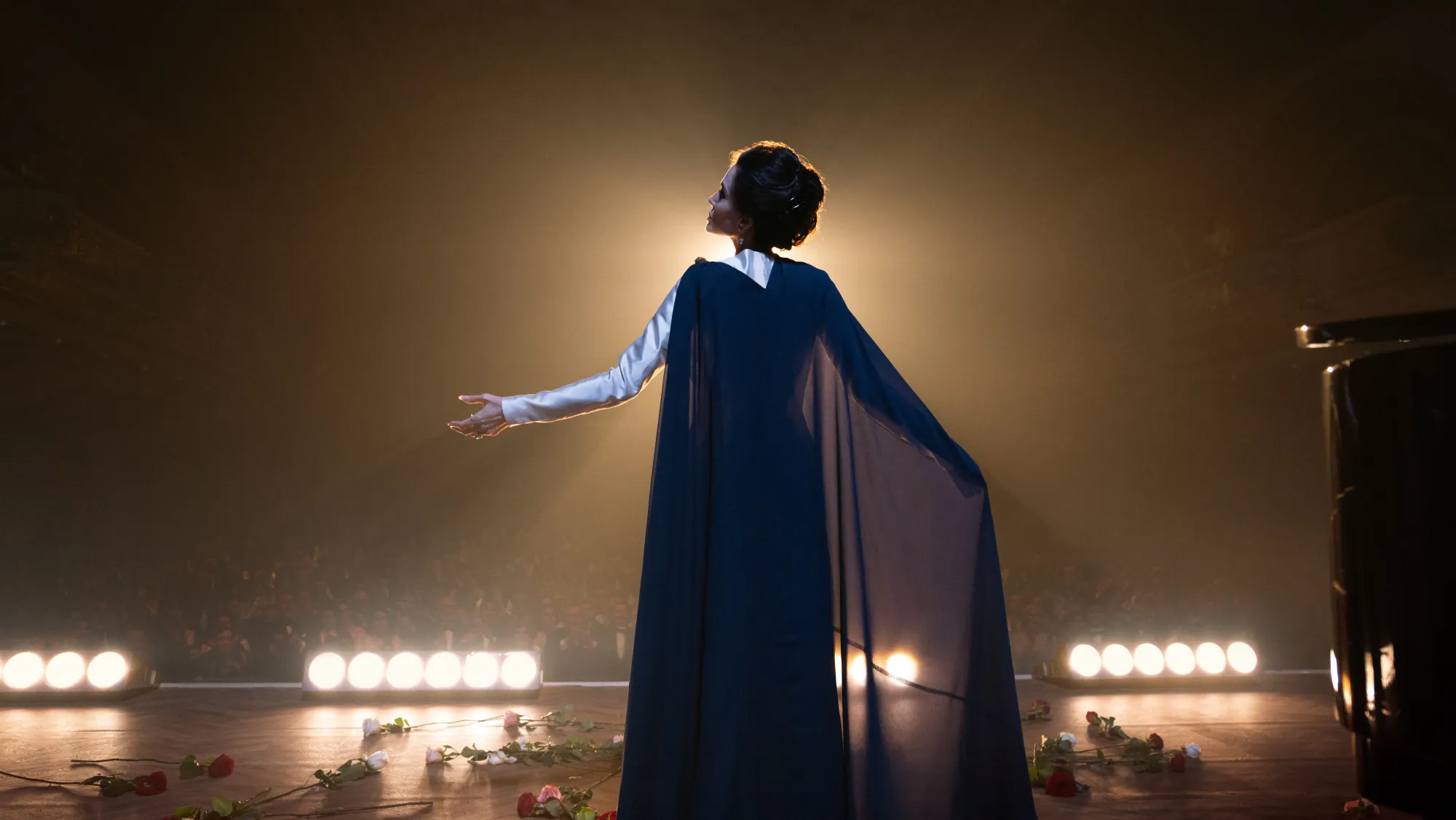
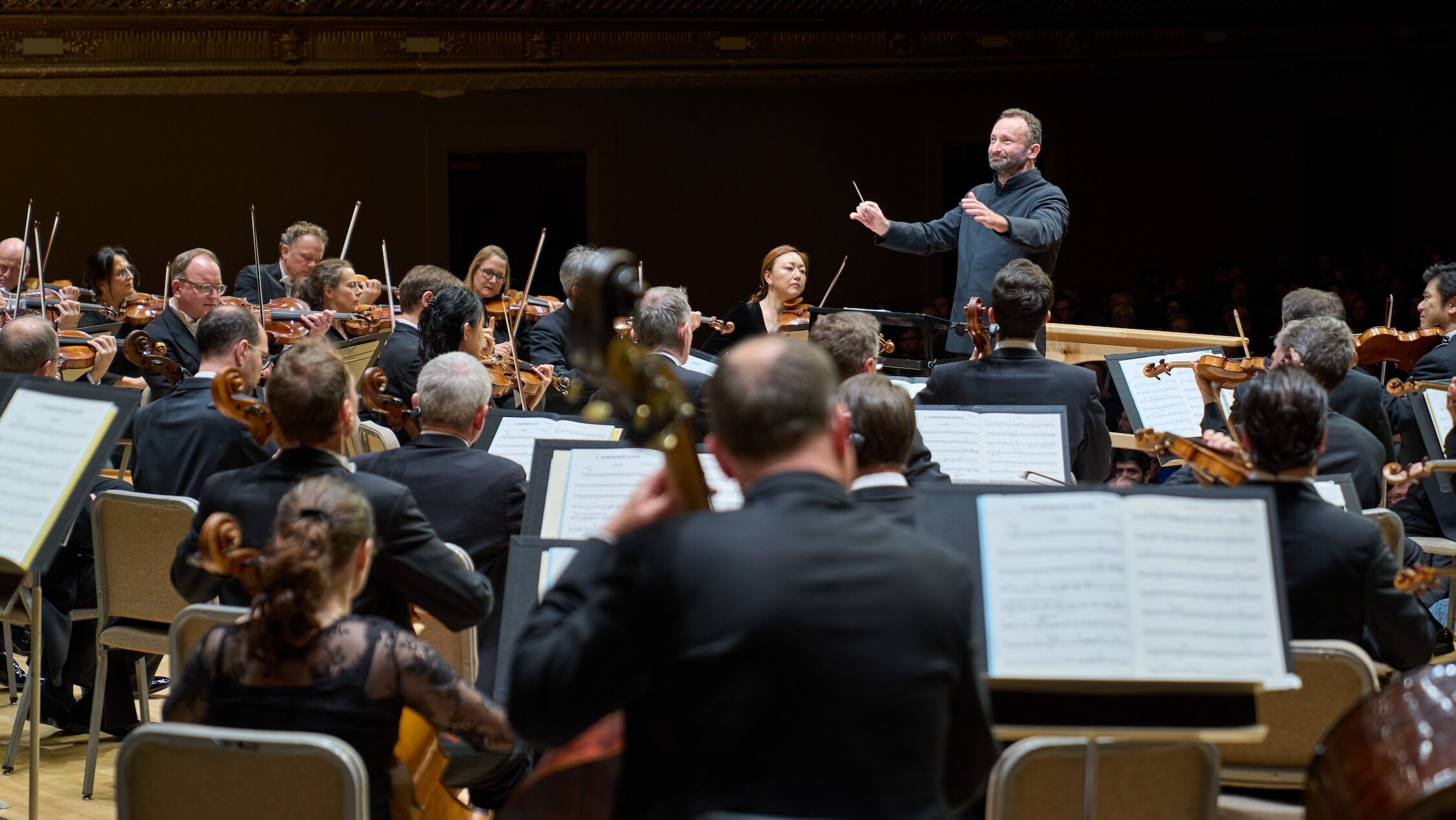
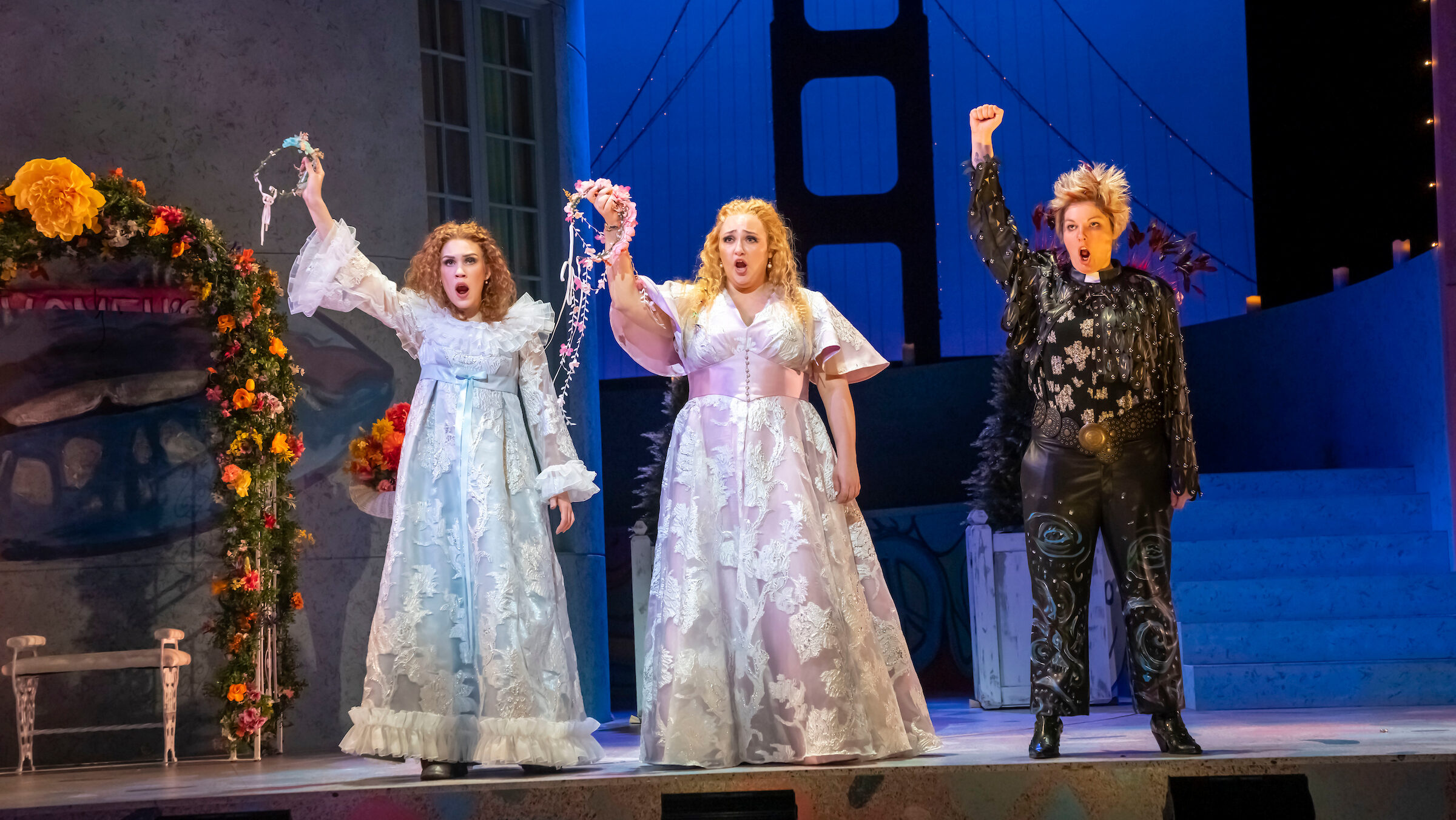
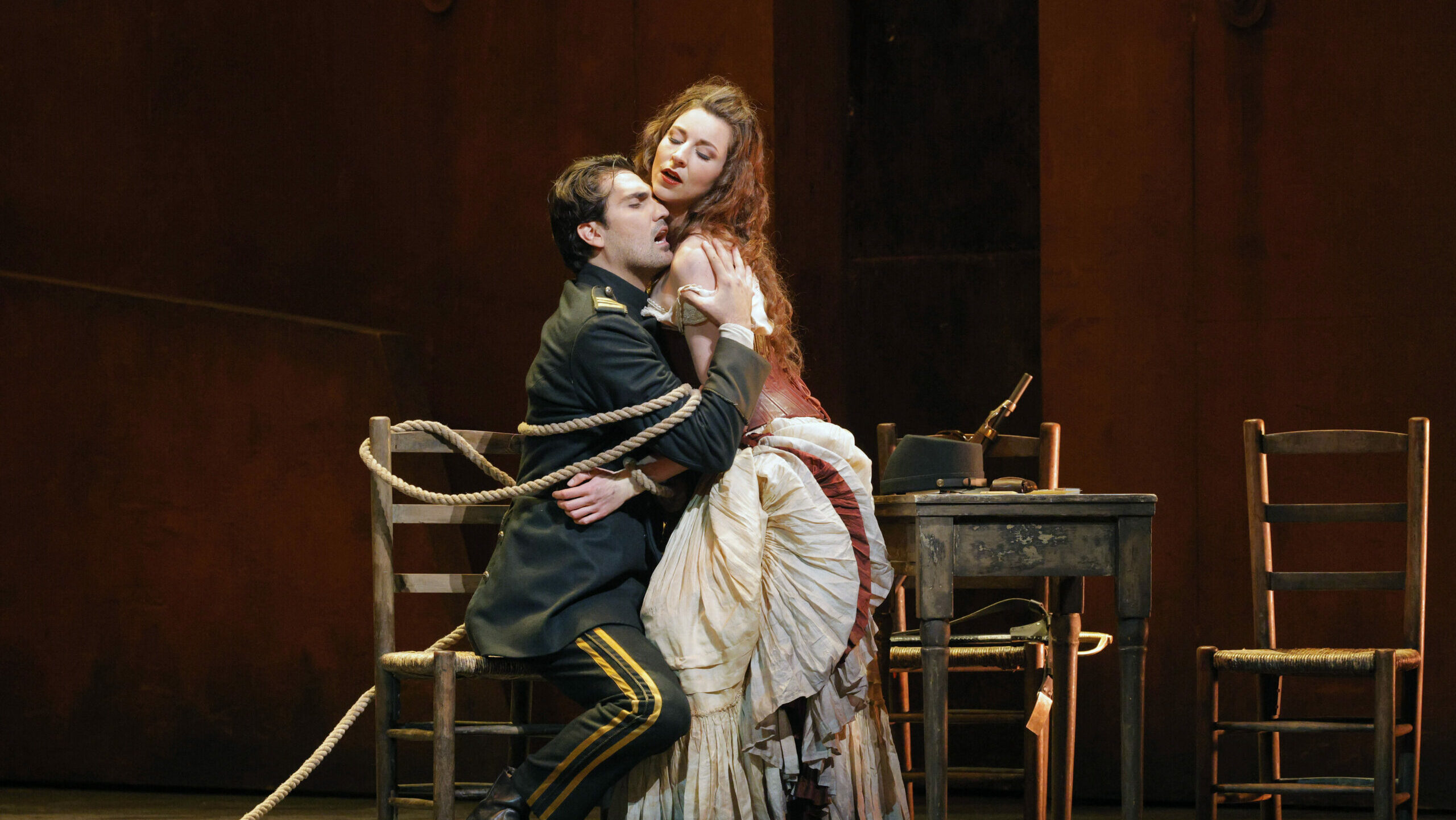


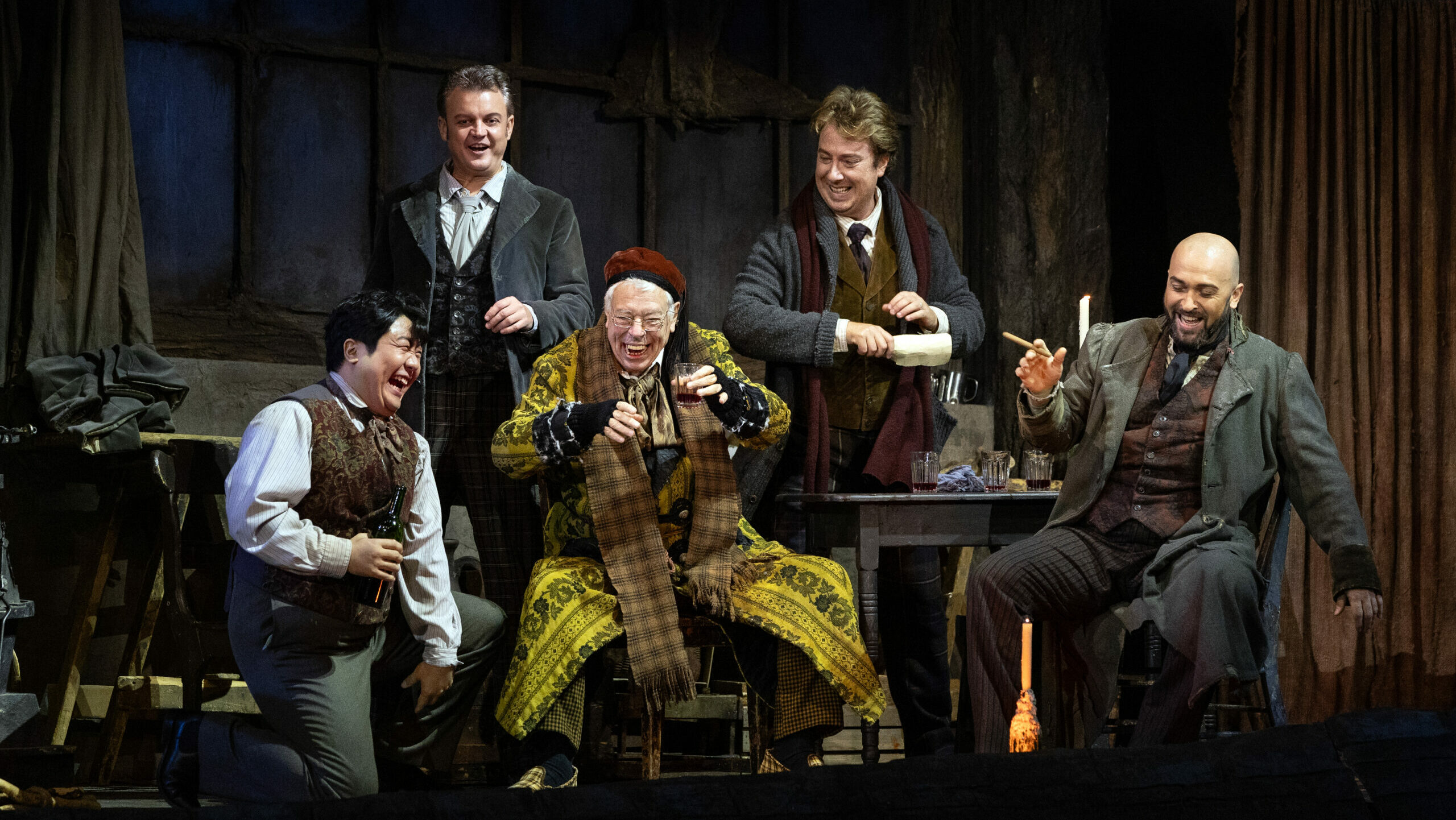
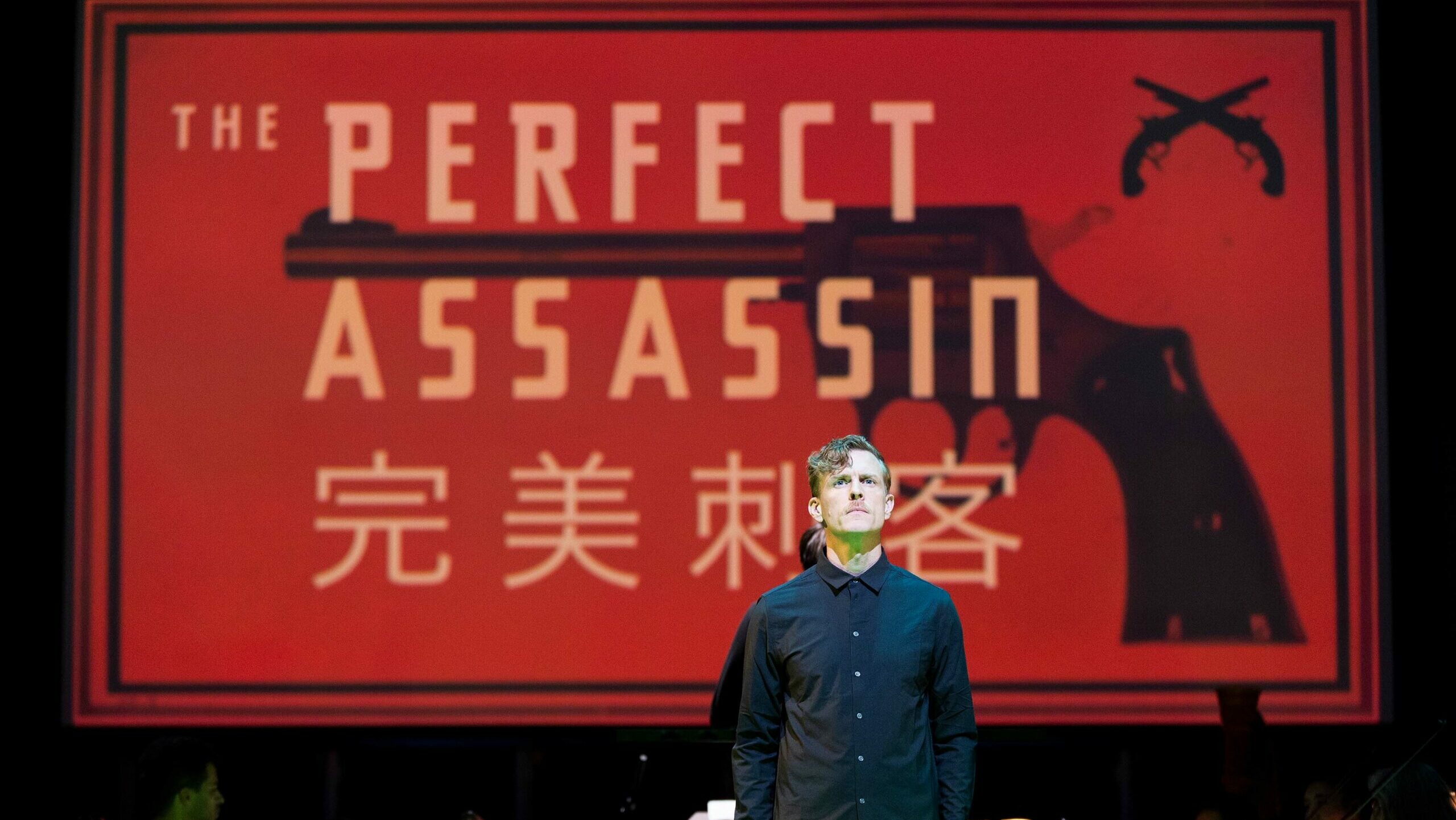
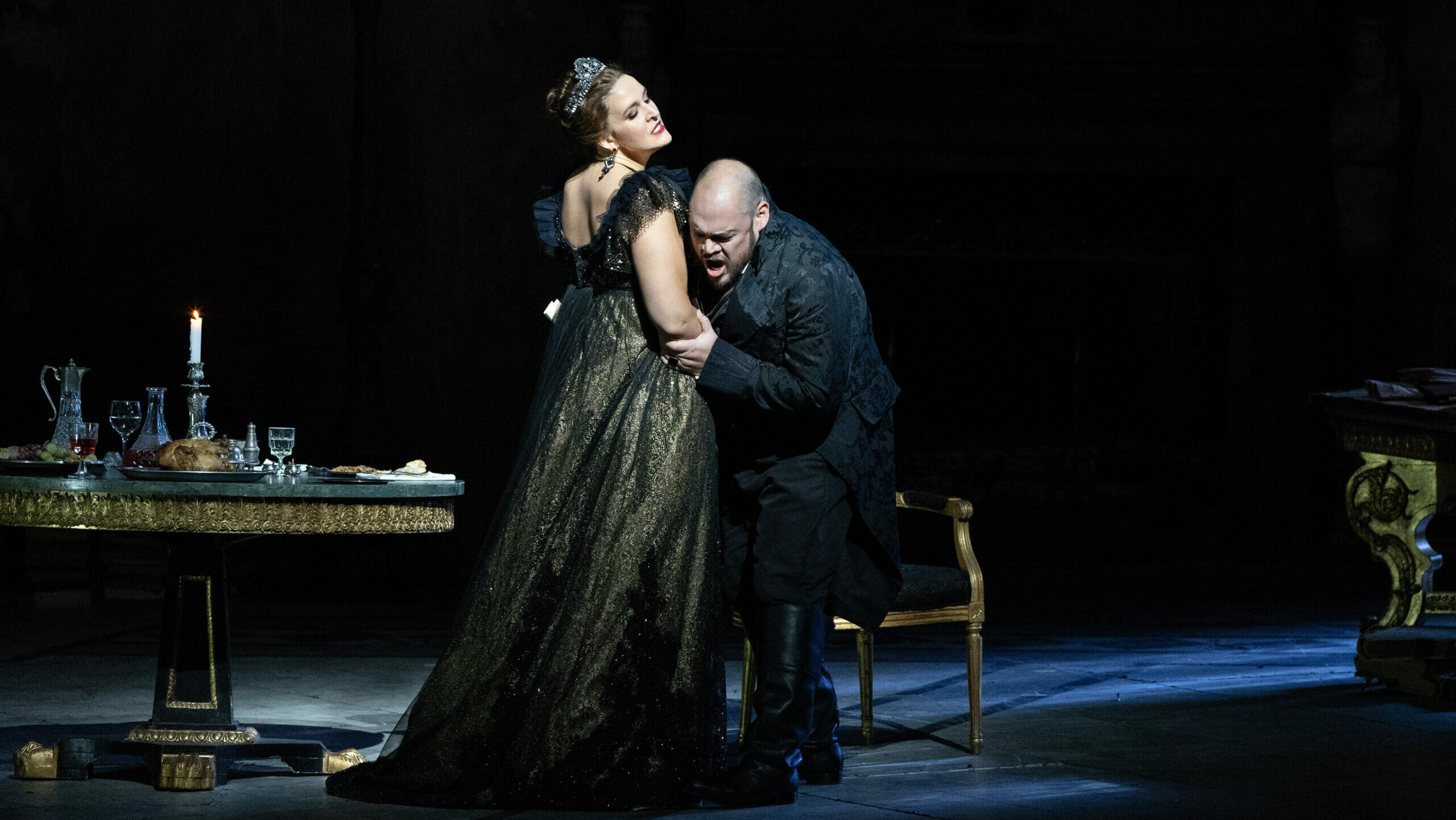





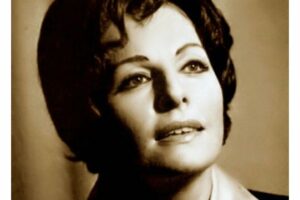
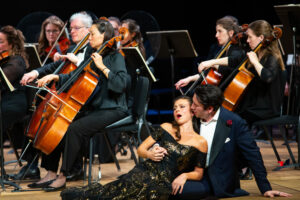


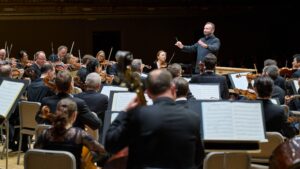
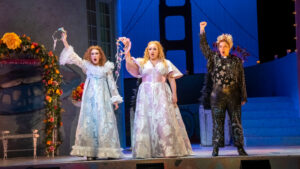
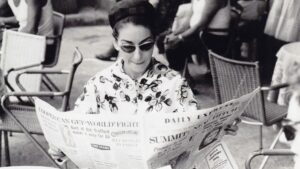




Comments